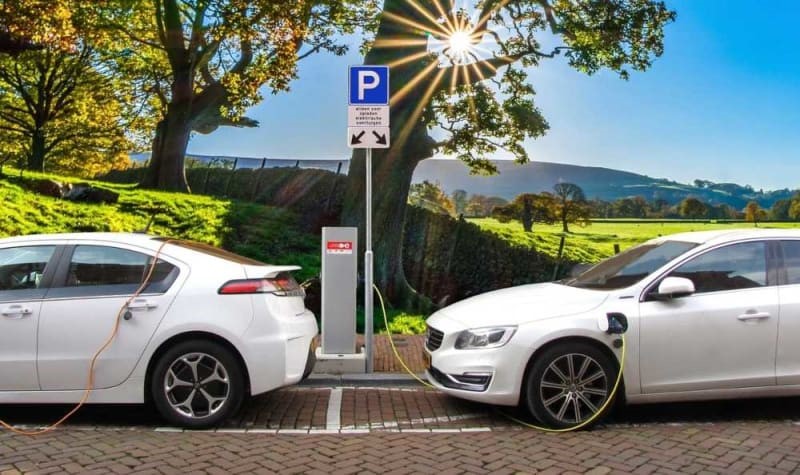
You are willing to buy a new car; you are environmentally concerned; the promises of lower operating costs have convinced you; your government subsidizes the purchase of an electric car, BUT…
Range anxiety is a common fear among drivers. It refers to the driver’s worry that the battery charge is low, and the usual electricity sources are unavailable. It’s still perceived to be one of the most significant barriers preventing fleets from going electric.
However, Penn State engineers are working on a battery for you! The researchers developed lithium iron phosphate batteries that have a range of 250 miles and can get charged in 10 minutes. Their work is published in the Nature Energy journal, where they claim that the battery’s long life and rapid recharging are due to its ability to thermally modulate. It heats up in just a little time, reaching the level of 140 degrees Fahrenheit for charge and discharge, whereas it cools down when it is not in use.
“The very fast charge allows us to downsize the battery without incurring range anxiety,” said Chao-Yang Wang, William E. Diefenderfer Chair of mechanical engineering, professor of chemical engineering and professor of materials science and engineering, and director of the Electrochemical Engine Center at Penn State.
A self-heating battery offers a solution to the range anxiety issues of electric car drivers. It uses a thin nickel foil with one end attached to the negative terminal and the other extending outside the cell to create a third terminal. As electrons flow, the battery rapidly heats up the nickel foil through resistance heating and the internal warmth of the battery. Once the battery’s internal temperature is 140°F, the switch opens, and the battery is ready. “With a self-heating method, low-cost materials can be used for the battery’s cathode and anode”, says Wang. The self-heating approach also reduces uneven deposition of lithium on the anode, which can cause lithium spikes that are dangerous.
According to Wang, the smaller batteries produce a large amount of power upon heating, specifically 40 kilowatt-hours and 300 kilowatts of power. An electric vehicle with this battery could go from zero to 60 miles per hour in 3 seconds and would drive like a Porsche. “This is how we are going to change the environment and not contribute to just the luxury cars,” said Wang. “Let everyone afford electric vehicles.”
This seems to be an ideal solution for warm places around the world.
Sources:
https://www.techbriefs.com/component/content/article/tb/stories/blog/38427
